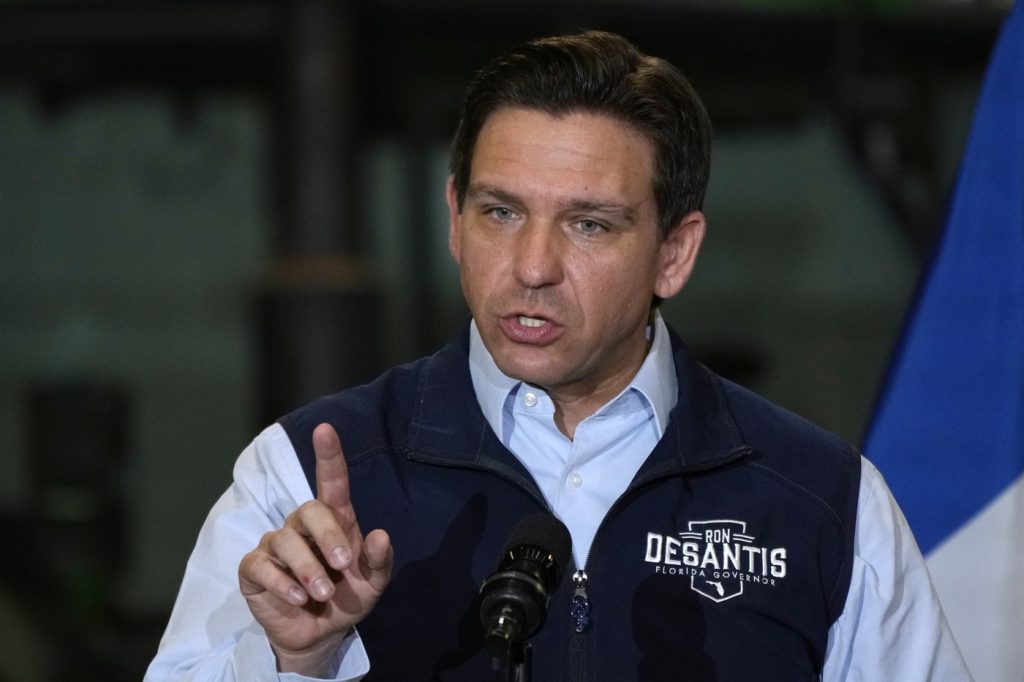In the wake of President Donald Trump's **Department of Government Efficiency** (DOGE), spearheaded by Elon Musk, Republican governors and lawmakers in numerous states are adopting similar initiatives to align with the party's leadership. These efforts largely revolve around the themes of reducing waste and bureaucracy, prompting state leaders to demonstrate their commitment to cost-cutting, a strategy typically associated with fiscal conservatism.
Some governors, including Iowa's **Kim Reynolds**, have emphasized their previous cost-cutting measures, framing these new initiatives as an extension of long-standing practice. Reynolds stated, "I like to say we were doing DOGE before DOGE was a thing," highlighting her state's proactive approach. Critics, however, argue that many of these initiatives lack innovation and essentially replicate existing processes managed by legislative committees and independent state auditors.
Many governors are leveraging their DOGE initiatives to target current Republican talking points, such as welfare and diversity, equity, and inclusion (DEI) programs. Furthermore, some potential 2028 presidential candidates are rebranding their cost-cutting efforts under the DOGE label to enhance their political image. The **Economic Policy Institute** reported that at least 26 states have launched DOGE-style efforts through executive orders, legislative actions, or committee formations. States such as **Florida**, **Iowa**, **Louisiana**, **Montana**, **New Hampshire**, and **Oklahoma** have taken the lead in establishing these initiatives.
Unlike Trump's aggressive "slash-and-burn" tactics, represented by Musk's chainsaw visuals at a Conservative Political Action Conference, the state-level approaches are generally more measured. Governors are often putting loyalists in charge of DOGE offices rather than independent auditors, focusing instead on prolonged strategies to better streamline operations—ranging from procurement consolidation to the introduction of artificial intelligence (AI) tools. Actions may also include repealing regulations, reducing office leases, and implementing attrition strategies for reducing staff.
**Steve Slivinski**, a fellow at the libertarian **Cato Institute**, highlighted that much of what is being branded as DOGE resembles routine state government operations. Although these initiatives may yield slight improvements, he criticized the marketing of these practices as a departure from standard procedure. Analysts at the **Economic Policy Institute** view DOGE as a framework that could further enable governors to centralize power, dismantle public services, and cater to privatization advocates.
Among those taking bold steps is **Louisiana Governor Jeff Landry**, who has rebranded a previous initiative as Louisiana DOGE. His program aims to eliminate fraudulent welfare enrollments and has reportedly resulted in $70 million in Medicaid savings through unprecedented coordination. In Oklahoma, **Governor Kevin Stitt** has made headlines by declining $157 million in federal public health grants. Despite claims of fiscal responsibility, critics argue such moves pose risks to public health services amid rising infectious disease outbreaks.
In **Florida**, **Governor Ron DeSantis** launched a DOGE task force to scrutinize spending in various state entities, particularly focusing on universities and local governments in his quest to abolish property taxes. His administration has mandated compliance and reporting from these entities, fostering a robust inquiry into their financial management practices.
Meanwhile, **Arkansas Governor Sarah Huckabee Sanders** initiated her cost-saving program, **Arkansas Forward**, prior to the DOGE trend but has framed her efforts as aligned with DOGE objectives. Her administration has compiled extensive proposals aimed at achieving savings of approximately $300 million within a $6.5 billion budget, although substantial results may require significant investment upfront and time to materialize.











